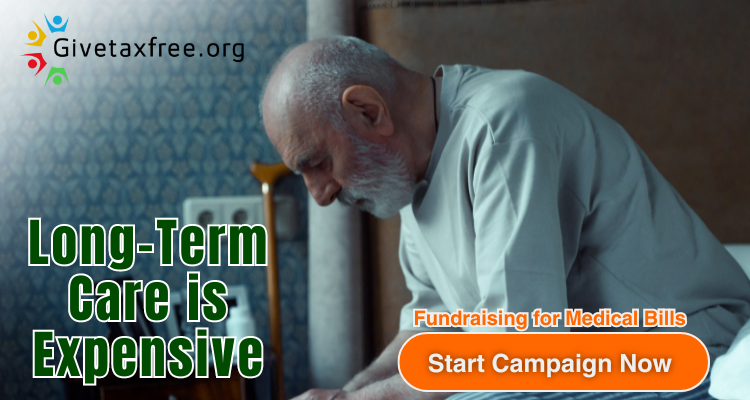3 FACTS: National cancer survivors day 6th June
SMOKING
Smoking is a leading cause of cancer and of death from cancer. Smoking damages DNA and weakens the immune system, making it harder to kill cancer cells and prevent their growth. Smoking increases the risk of many types of cancer, especially lung cancer, larynx (voice box), mouth, oesophagus, throat, bladder, kidney, liver, breast, stomach, pancreas, colon and rectum, and cervix, as well as acute myeloid leukaemia. . The risk of cancer rises with the amount and duration of smoking, and decreases with quitting. There is no safe level of tobacco use.
ALCOHOL
All types of alcohol can cause cancer. 7 different types of cancer.
Breast cancer and bowel cancer (two of the most common types)
1.Damage to cells. When we drink alcohol, our bodies turn it into a chemical, called acetaldehyde. Acetaldehyde can damage our cells and can also stop cells from repairing this damage.
2.Changes to hormones. Alcohol can increase the levels of some hormones in our bodies such as oestrogen and insulin. Hormones are chemical messengers, and higher levels of oestrogen and insulin can make cells divide more often. This increases the chance that cancer will develop.
3.Changes to cells in the mouth and throat. Alcohol can make it easier for cells in the mouth and throat to absorb harmful chemicals that cause damage.
EXCESS WEIGHT
Research has shown that overweight and obesity causes 13 different types of cancer
Breast cancer and bowel cancer (two of the most common types)
The signals released by fat cells can affect:
Growth hormones – too much body fat can cause levels of growth hormones to rise, which tells cells to divide more often. This raises the chance that cancer cells will develop.
Inflammation – immune cells go to areas of the body where there are lots of fat cells. This can lead to inflammation, which causes cells to divide quicker. Over time, this can increase the risk of cancer.
Sex hormones – after the menopause, fat cells produce the hormone oestrogen. This hormone can make cells in the breast and womb divide more often, which increases the risk of cancer developing.
#learnsomethingnew #3facts













![VERTEX VX-880 Gets Big Win In Clinical Trial! [Video]](https://cancerrecoverygiving.com/wp-content/uploads/2024/07/mp_354076_0_0jpg.jpg)
![Addressing concerns around side effects in clinical trials [Video]](https://cancerrecoverygiving.com/wp-content/uploads/2024/07/mp_354058_0_0jpg.jpg)
![TargetCancer Foundation at 15 Years: Reshaping the Rare Cancer Research Landscape [Video]](https://cancerrecoverygiving.com/wp-content/uploads/2024/07/mp_350172_0_0jpg.jpg)
![Targeted Therapy Delivered | Lisata Therapeutics (NASDAQ: LSTA) | GCFF 2024 Virtual Bio [Video]](https://cancerrecoverygiving.com/wp-content/uploads/2024/07/mp_349938_0_0jpg.jpg)

